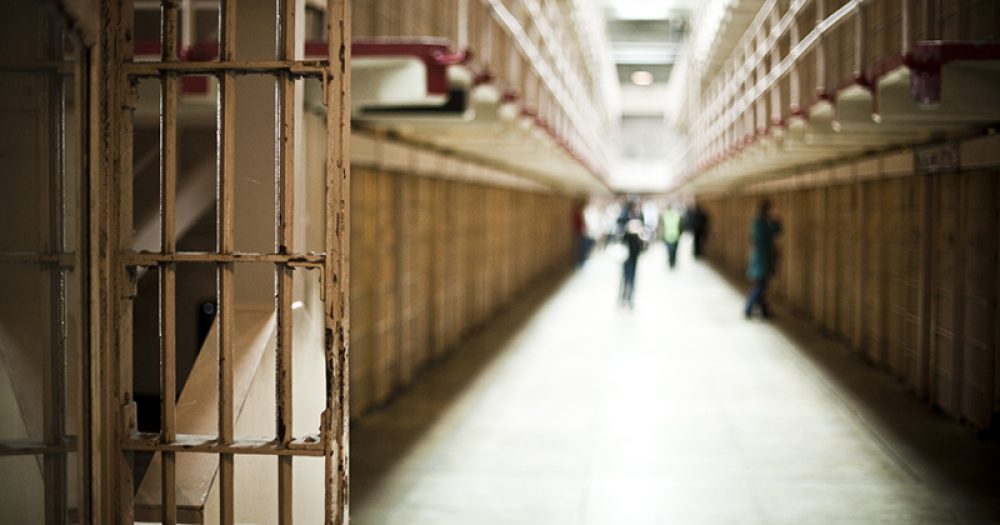The government is pushing ahead with its manifesto promise of a prison education service, but has failed again to say when it will be introduced.
The new prisons strategy white paper also commits the Ministry of Justice to improve prisons’ and young offender institutions’ Ofsted grades year-on-year to bring them in line with local FE colleges.
Ofsted chief inspector Amanda Spielman’s annual report, also released today, reveals around 60 per cent of all prisons and young offender institutions are graded ‘requires improvement’ or ‘inadequate,’ compared to 20 per cent of other FE and skills sector providers.
Announcing the new white paper, justice secretary Dominic Raab said: “We’re re-orienting the regime to get offenders off drugs for good, and into work – to cut crime, and keep the public safe.”
Prison education service will help offenders ‘improve job prospects’
The white paper reforms are intended to ensure prisoners gain basic numeracy and literacy standards while inside.
The new prison education service will be training offenders with vocational skills such as construction and coding, which the government says will “improve their job prospects and steer them clear of crime”.
However, the white paper fails to make clear when the new service will be introduced – two years after it was promised in the Conservatives’ 2019 manifesto.
The white paper also commits to a new drive to get offenders into work, through a new job-matching service which pairs convicts with vacancies in the community on release, as well as dedicated employment advisors in prison.
Six prisons set to be built over the next five years will include in-cell learning technology so offenders can access basic maths and English education, vocational skills such as IT and engineering, even driving theory tests so they can get a licence on release.
‘Significant’ investment needed or provision ‘will not improve’
Responding to the white paper, Prison Education Trust chief executive Jon Collins welcomed the “focus on getting people leaving prison into jobs,” but warned education is “the key building block that enables prison leavers to secure employment and urgently needs more funding”.
Plans to roll out digital technology need to “go further and faster,” he added, so the government “must put in-cell technology in place in every prison, new and old”.

“Without significant investment in teachers, technology, equipment and the physical environment, and without more prison officers around, prison education will not improve,” Collins said.
“If the government wants to succeed in its ambition to significantly boost the employment opportunities of prison leavers, the first step must be to get prison education right.”
Prisoner apprenticeships still in the long grass
These new reforms come after Ofsted and the Her Majesty’s Inspectorate of Prisons launched a review in September into the “very poor” state of prison education.
The Commons education select committee is currently conducting its own inquiry into prison education, which heard last month from a panel of ex-prisoners of the “dreadful” provision and lack of communication from providers inside.
While the white paper says the prison education service will “equip prisoners to get jobs or apprenticeships after they leave custody,” no mention is made of allowing prisoners to take up an apprenticeship.
A prisoner apprenticeship pathway was mooted by the government in 2016, in collaboration with the Association of Employment and Learning Providers. But by 2019, this had failed to get off the ground, and the education committee heard from social justice charity NACRO last May that allowing prisoners to take up apprenticeships would require changing legislation.
















Your thoughts